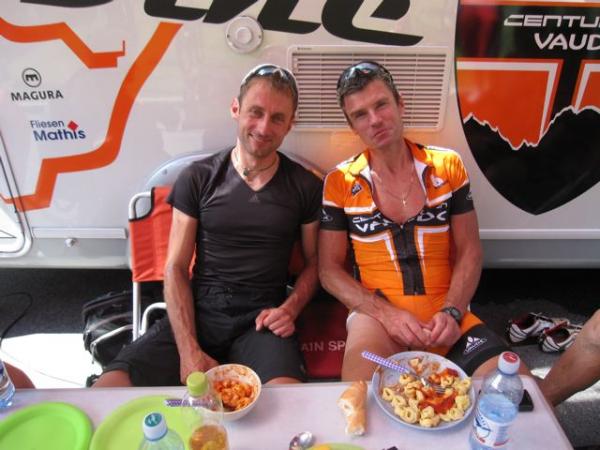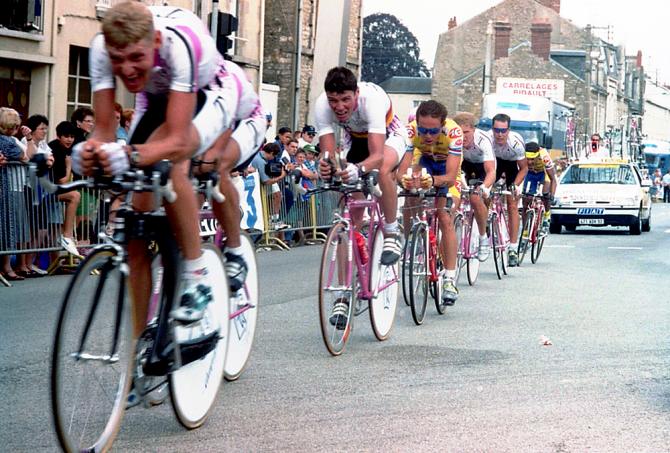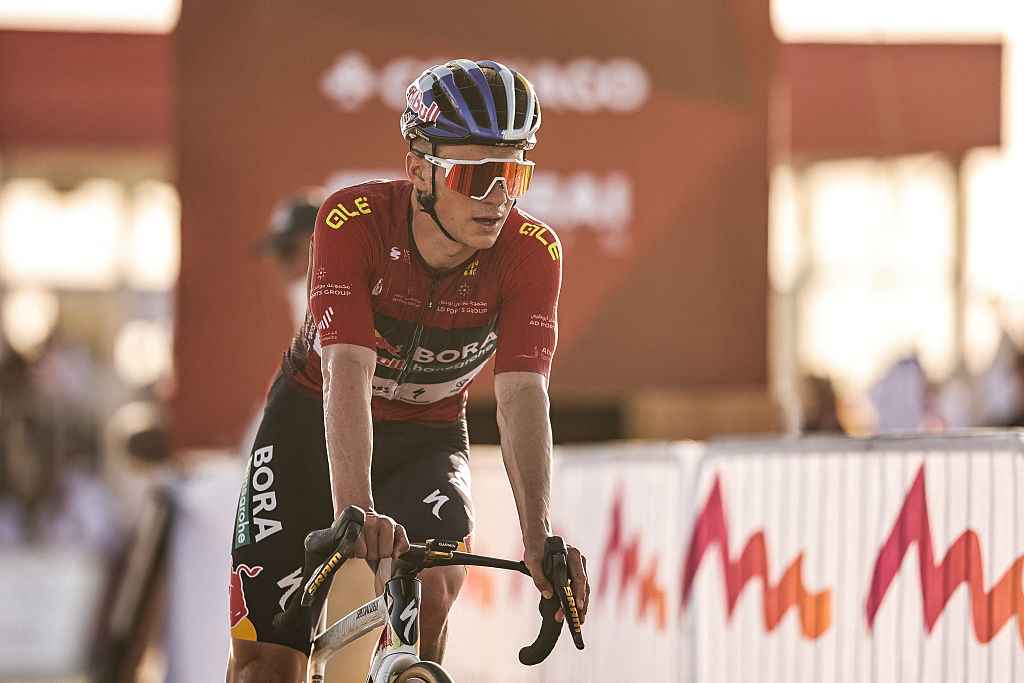Bölts: unavoidable pressure to dope in the late 1990s
Fear of no new contract or not riding the Tour de France were contributing factors
The latest race content, interviews, features, reviews and expert buying guides, direct to your inbox!
You are now subscribed
Your newsletter sign-up was successful


There were unavoidable pressures to dope in the late 1990s, and pressure “on the entire peloton”, says Udo Bölts, a former Team Telekom rider. Pressure from the sponsor, the fear of not getting a new contract, and lying to one's family and friends – these are the things that Bölts said he had to deal with.
Bölts turned professional with Team Stuttgart in 1989, with the team subsequently becoming Team Telekom in 1991. He stayed with the team until 2003, when he rode his final pro year for Gerolsteiner, subsequently becoming directeur sportif for that team.
In May 2007, he confessed to having used EPO and growth hormone, and resigned immediately from Gerolsteiner.
“In sport there is pressure from the sponsor, that you want to live up to. The sponsor wants success, he wants his brand name mentioned, he wants TV time,” Bölts told ARD Radio.
“At that time, you had to manipulate to do well in the Tour de France. That couldn't be avoided.”
The main reason for doping was “the angst of not getting a new contract the next year, of being torn out of the sports life and standing there without a contract,” he said.
“It started for me in '96,” said Bölts. "You always had a bit of a guilty conscience, but you were always told, that it was a part of it all.”
The latest race content, interviews, features, reviews and expert buying guides, direct to your inbox!
That guilty conscience mainly came into play with family and friends. “They don't know, they say, yeah, you are on the Tour de France team again, and you think, yeah, ok, but if you know what I have to do to be part of the Tour de France team -- you just don't say anything about that."
“That is the problem with the whole thing... always having to pretend to your family, friends and acquaintances and always lying to them.”

